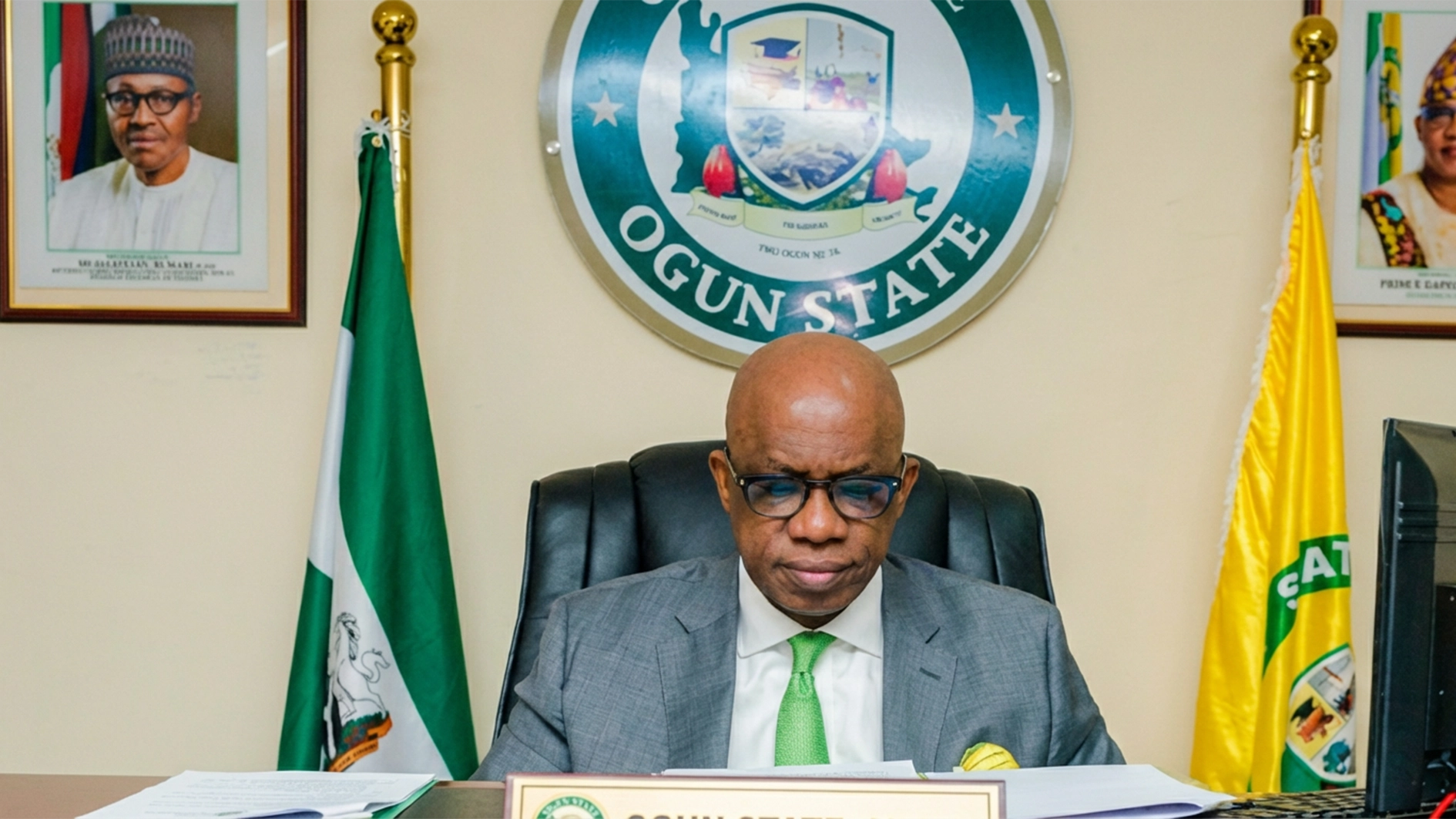Federal Minister of Industry, Trade and Investment, Dr Jumoke Oduwole, said Nigeria and the Benin Republic are set to deepen trade ties between both countries and boost intra-country cooperation while tackling obstacles to trade.
This is coming on the heels of the United States’ announcement of a 15 per cent tariff threshold on several countries, including Nigeria and Ghana, which supposedly kicked off officially yesterday.
Oduwole said the proposed agreement would formalise the long-standing trade relationship between the two neighbouring countries and address issues around customs and border facilitation.
“President Bola Ahmed Tinubu and President Talon have committed to jump-starting a more collaborative and deeper trade relationship that can deliver tangible, pragmatic impact for our business communities and our economies,” she said.
The minister said the MOU would focus on four thematic areas: trading goods, trading services and private sector engagement, customs and trade facilitation and the legal framework that would guide interactions between the two countries.
During her visit last week, Oduwole toured the seaport in Benin Republic, which she said could service up to eight per cent of Nigeria’s market while helping to reduce pressure on Nigerian ports.
She noted that the collaboration between both countries’ customs agencies would serve as a model for other areas of cooperation.
“The idea is to make sure that our borders work right across from south to north, that our borders work for Nigerian people and for Benin citizens, to make sure that goods can move and their origin and destination be easily traced,” she said.
Regarding the fresh wave of US tariffs, Oduwole maintained that Nigeria would not adopt a reactionary approach but would continue to focus on what is best for the country’s economy.
“We are not reactionary. Our response is to continue with what this administration, with the Renewed Hope eight-point agenda, has focused on,” she said, adding that the US would remain one of Nigeria’s strategic trading partners despite the current tariff policy.
She added that Nigeria’s trade relationship with the US is largely energy-driven, but also includes non-energy exports such as fertiliser, urea, lead and cocoa. She noted that when services are added to the trade balance, the relationship significantly favours the United States.






